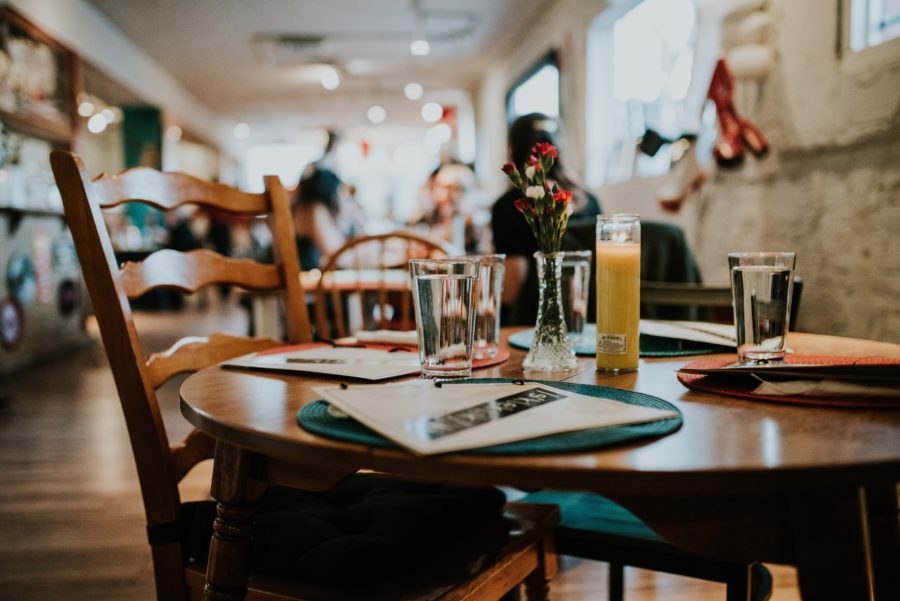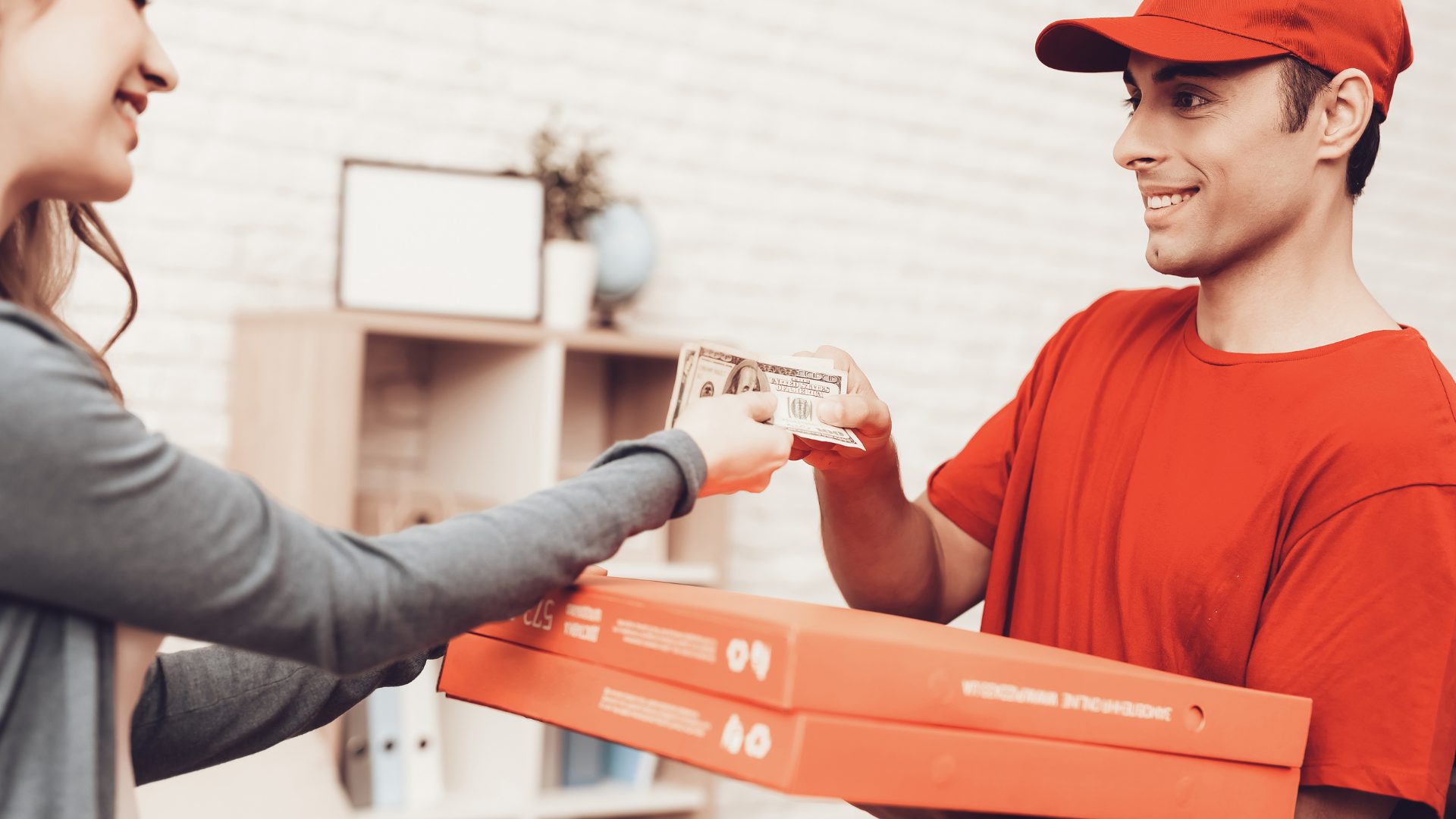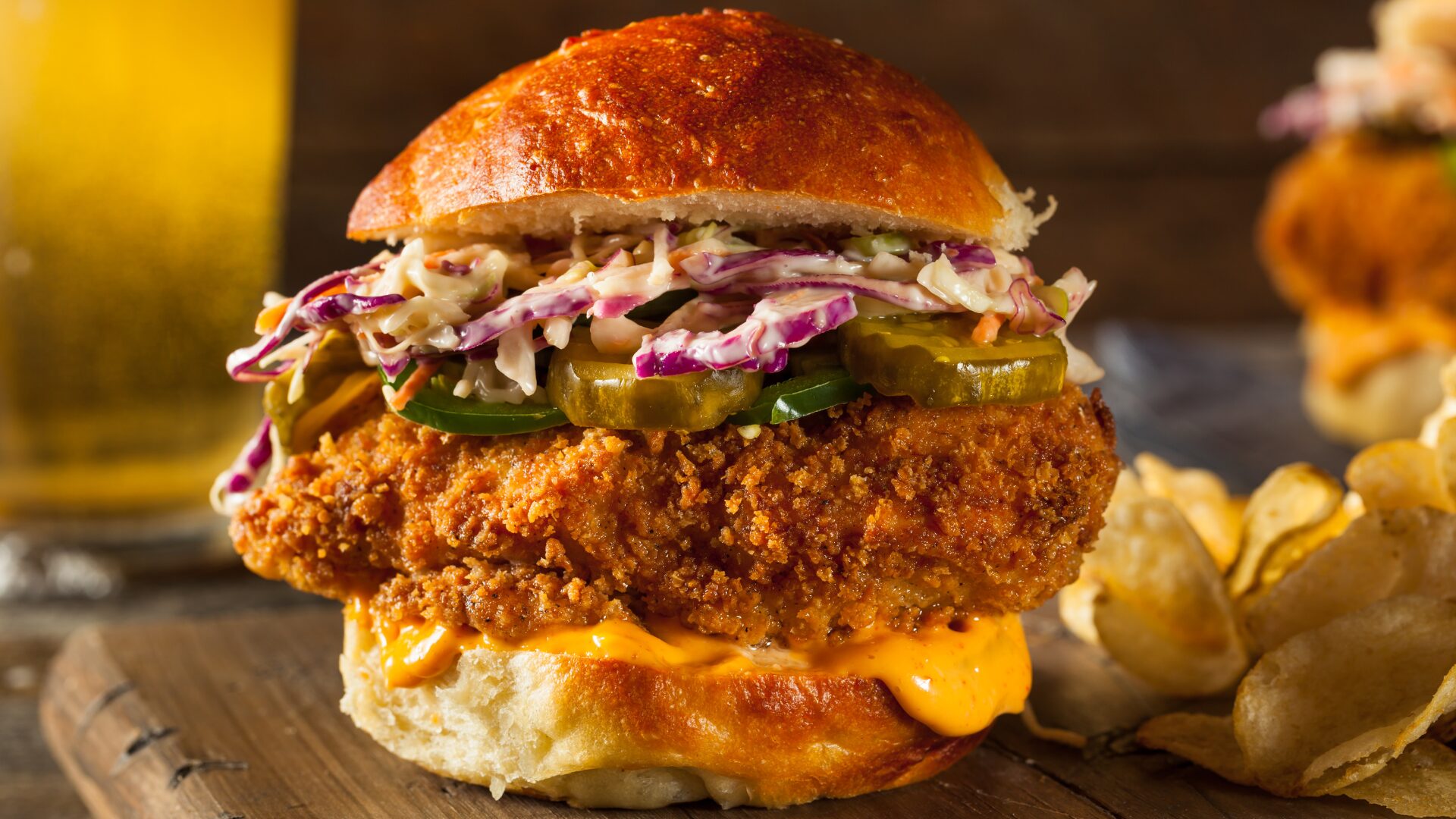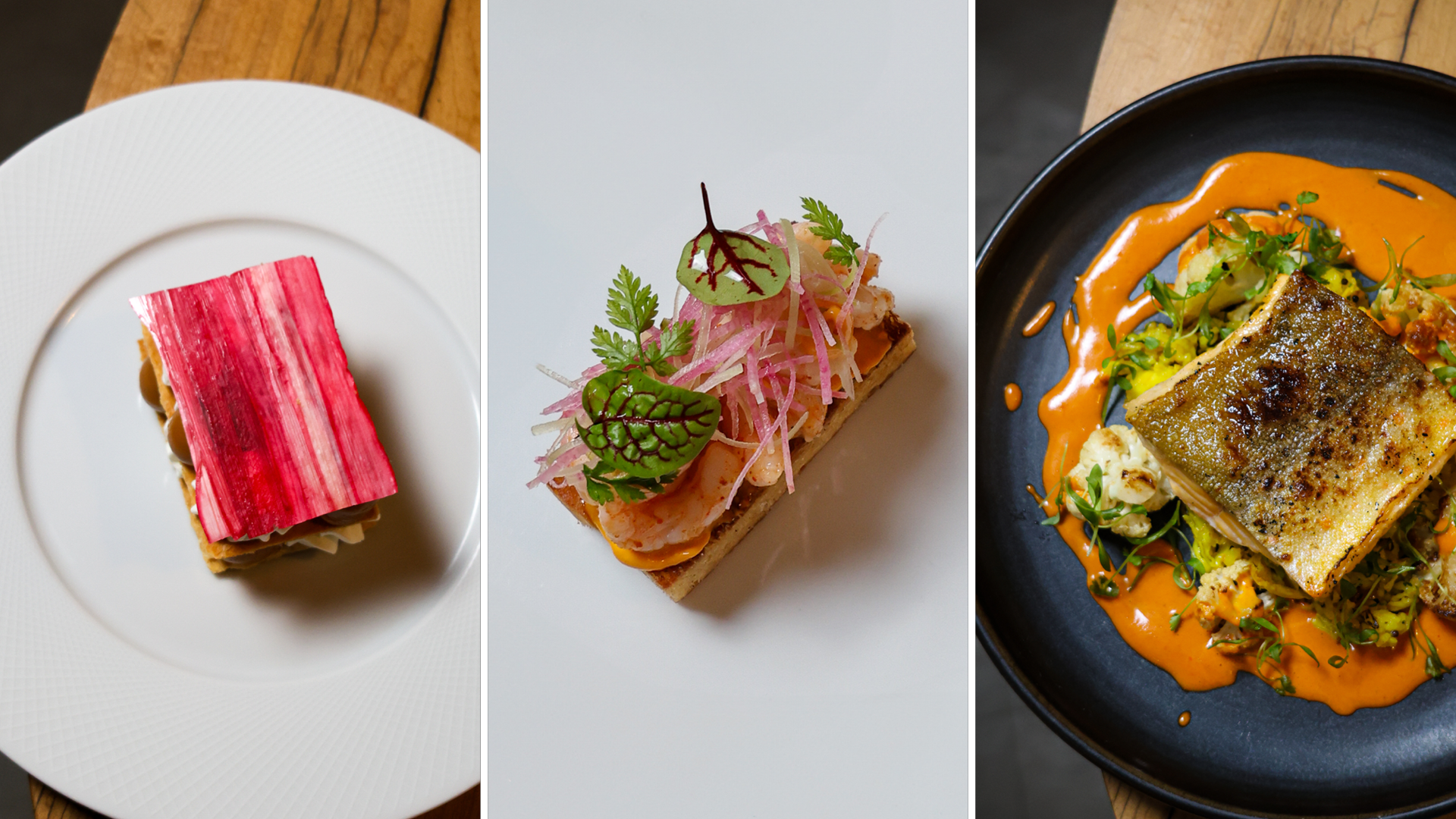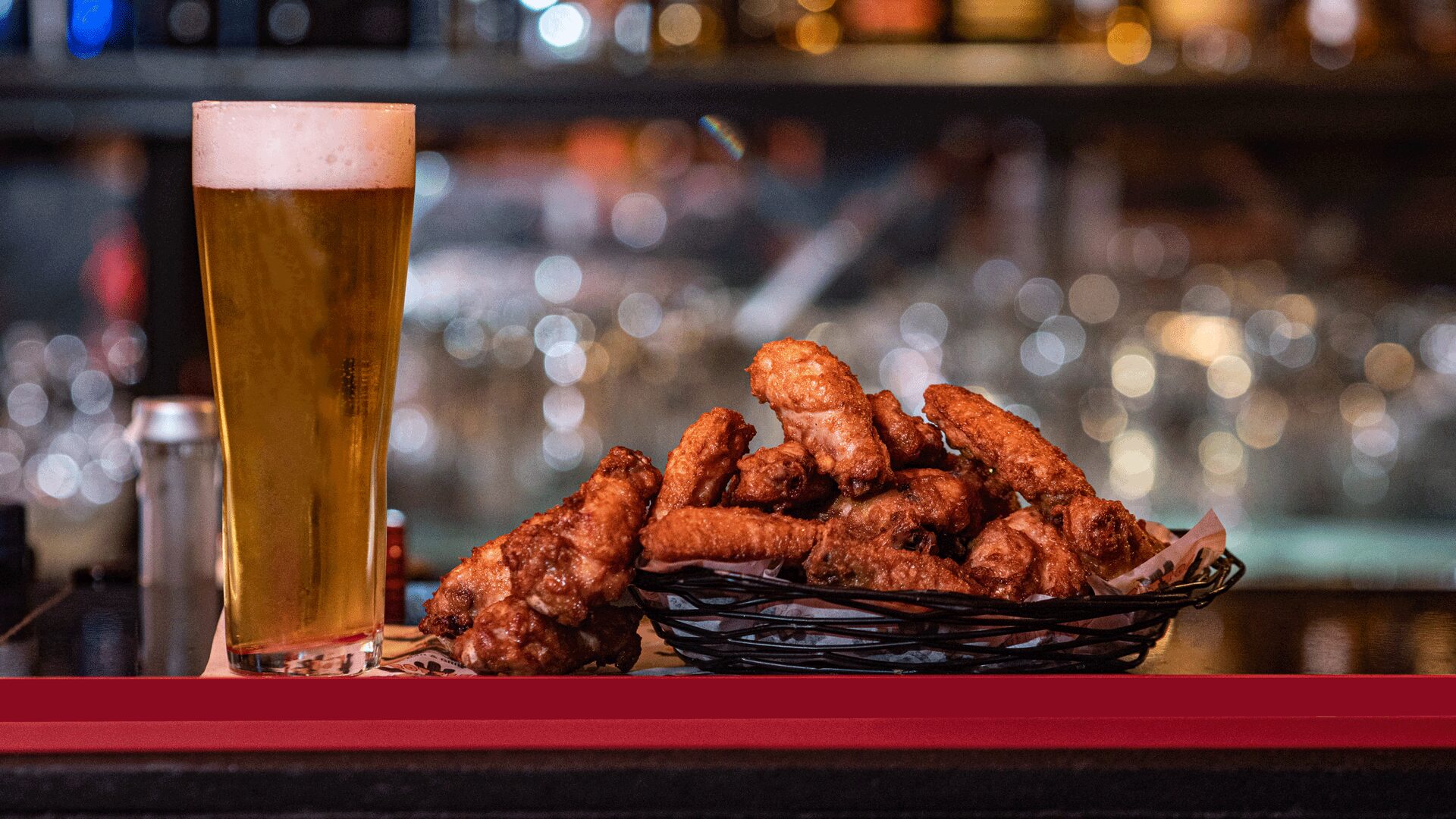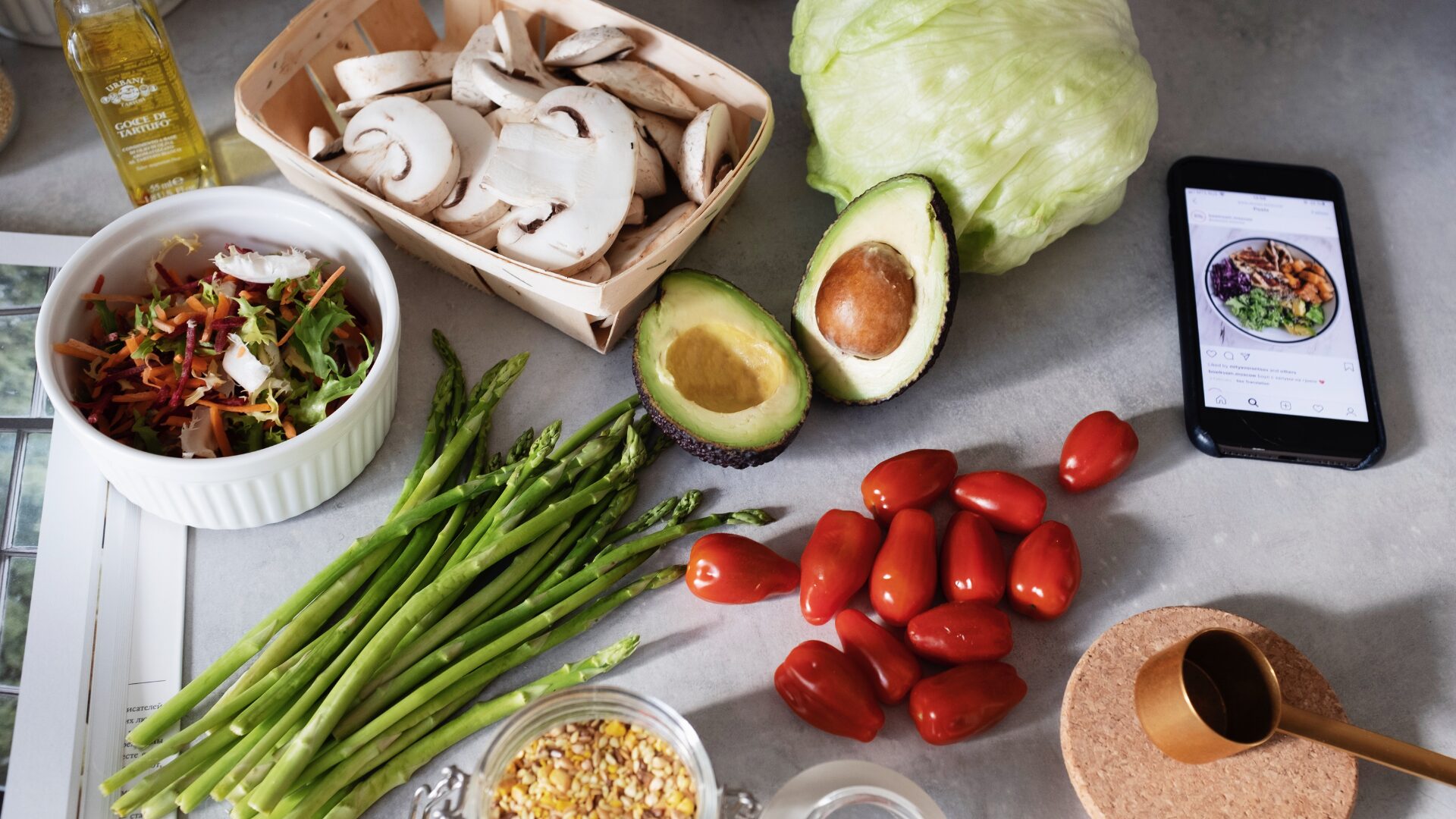In wake of the pandemic, foodservice is continuing to adapt in unique ways to survive.
UK-based Pret A Manger has struggled during the pandemic without the commuter crowd. In August, weekly sales in Britain were about $7.1 million—barely more than Aug. 2010, when it had 150 fewer stores, reported The New York Times (Oct. 14).
As a result, Pret has been forced to reconsider its business as day-to-day routines change. It wants to sell Pret food in supermarkets and already began selling coffee beans on Amazon.
Another addition has been the coffee subscription that was created to drive people back to its stores. Subscribers can get up to five drinks a day made by a barista for about $26 a month. CEO Pano Christou said he got the idea for the coffee subscription from Panera Bread.
“Pret’s been very, very late adapters to this,” Christou said. Panera, he mentioned, has a database of more than 40 million customers across the U.S. “Pret’s been run over the last 30 years with gut feel and intuition, and we haven’t done that badly, but I think the richness of data today gives you an opportunity to learn much more about your customers.”
Pret also signed up to all the major food delivery platforms and opened a dark kitchen in North London to prepare its food for delivery only. The new mantra, according to Christou, is “bring Pret to the people.”
Coronavirus has certainly boosted the use of dark, or cloud, kitchens. In Asia, Singapore’s Ebb & Flow Group is one of a growing number of companies operating these types of kitchens, which have no physical presence, and offer delivery-only services from a centralized location through a mobile app, reported Reuters (Oct. 13).
Ebb & Flow has been analyzing customer behavior to create machine led menus. “Wrap Bstrd,” a delivery only brand opened shortly before the city’s pandemic lockdown, is one of nine brands the company created by analyzing customer behavior and location.
“We were able to combine advanced behavioral data capabilities and pattern analyses with the expertise of our chefs to create a brand and menu that was specifically tailored for our customers,” said CEO Lim Kian Chun. “It is Singapore’s first food and beverage brand that is driven entirely by insights derived from artificial intelligence.”
Meanwhile, for those who still prefer to see where their food is coming from, Alameda County, CA, may soon allow a new type of restaurant. The county is considering allowing home-based kitchen operations, reported San Francisco Chronicle (Oct. 13).
County supervisors Wilma Chan and Keith Carson agreed during a health committee meeting on Oct. 12 that allowing people to sell food from their homes is crucial during the pandemic, as many traditional restaurants are struggling and laying off cooks.
They expressed concern over a rise in illegal enterprises with no way to regulate them, instructing the health department to come up with a plan next month. “There’s going to be an increased desperation to figure out a way to survive, and that’s where the underground economy is going to continue to explode,” Carson said.
California passed AB626 in 2018, legalizing what the law calls “microenterprise home kitchen operations” but requiring counties to opt in. Currently, only Riverside County has successfully issued permits, while a few others, including San Mateo and Solano counties, opted in but have not developed a permitting process.
Public interest in AB626 has grown in recent weeks as multiple high-profile popups by laid-off chefs got shut down by Alameda County health inspectors.
If the county opts into California’s AB626, it will allow home-based cooks to serve items, including hot perishable meals if they obtain food safety certification and agree to inspections. Local leaders requested the director of the Department of Environmental Health present research and an implementation plan to the health committee on Nov. 23.


